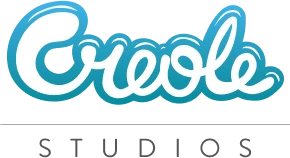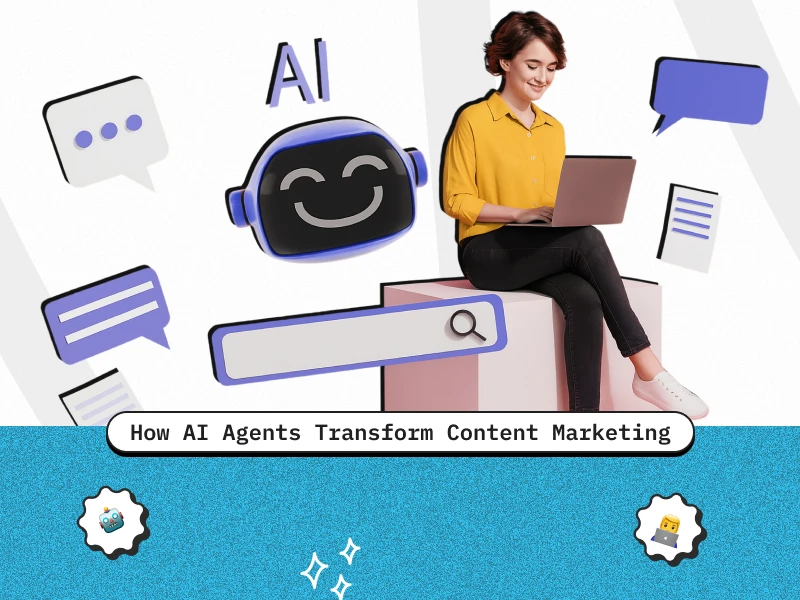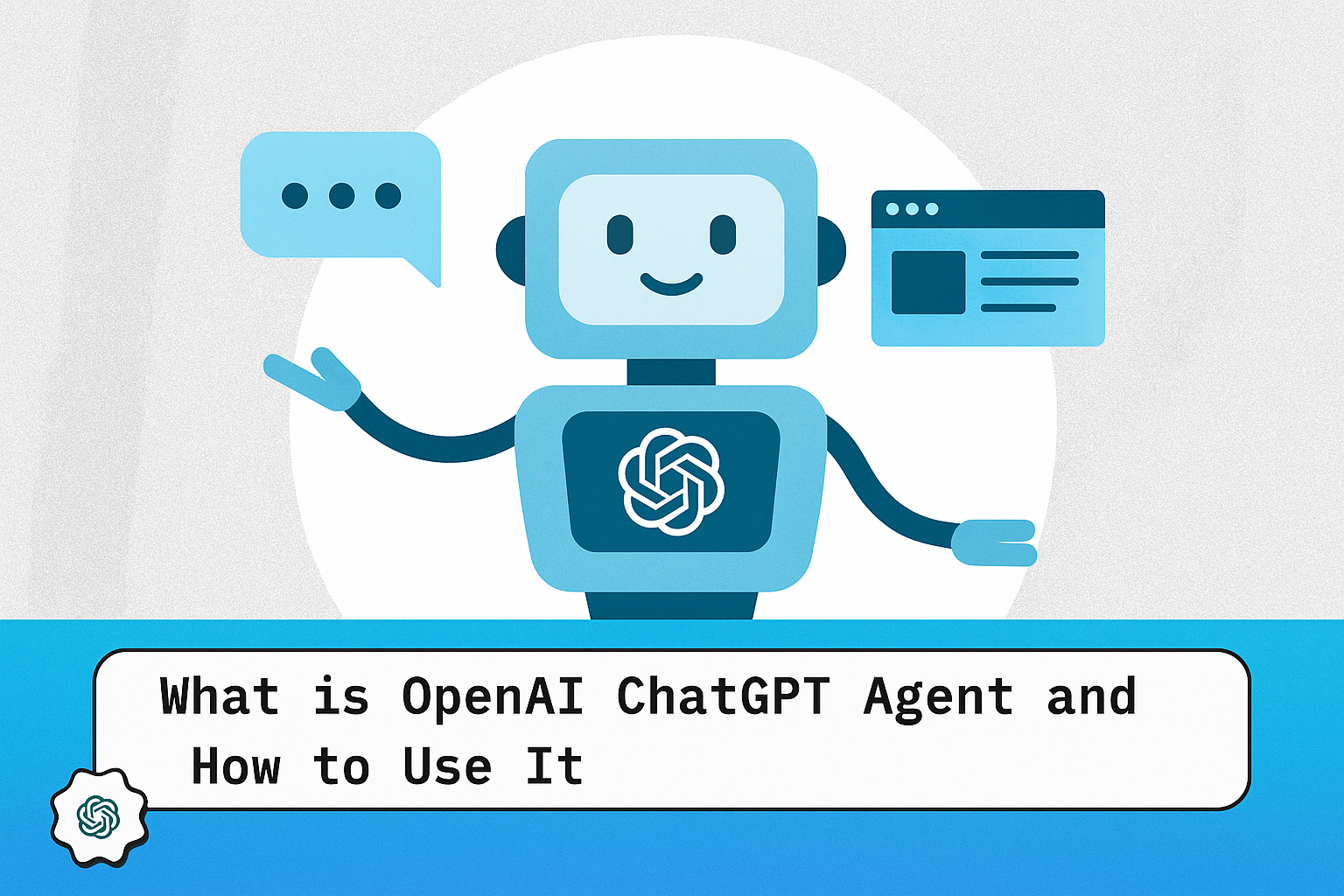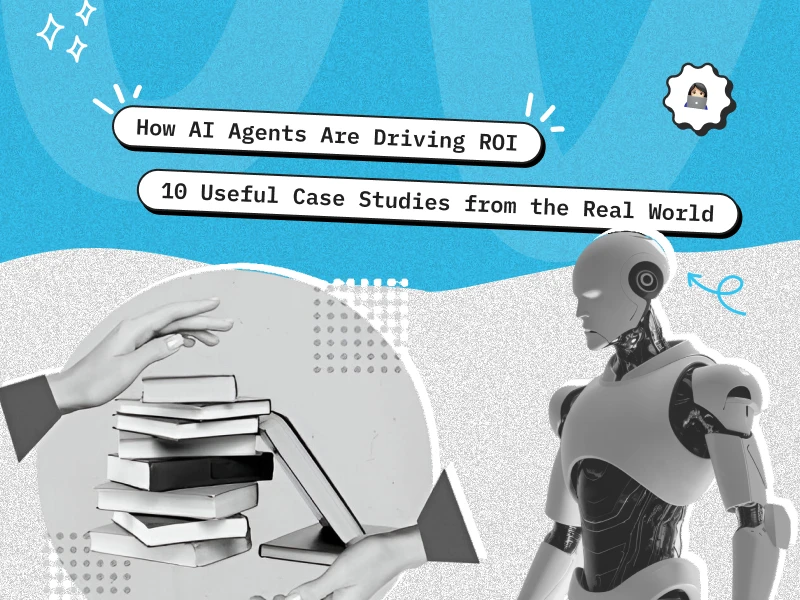TL;DR
- AI agents streamline content workflows by automating research, ideation, drafting, and SEO—freeing marketers to focus on strategy and creativity.
- Personalization at scale becomes achievable, as AI agents tailor emails, website content, and messaging to individual user behaviors and preferences.
- AI-driven content creation tools help generate blogs, ads, and social posts faster while maintaining brand voice and consistency.
- Distribution and optimization are more efficient, with AI agents scheduling content, analyzing performance, and running automated A/B tests.
- The future of content marketing is hybrid, combining human creativity with AI agent efficiency for scalable, data-driven results.
Introduction
Content marketing has long been a cornerstone of business growth, empowering brands to attract, engage, and convert customers by delivering valuable, relevant content. Yet traditional content marketing remains time-consuming, resource-intensive, and difficult to scale—often stretching creative teams thin.
That’s where AI Agents come in. These autonomous or semi-autonomous systems are revolutionizing how marketers approach content marketing by taking on complex tasks such as research, ideation, content creation, personalization, distribution, and performance analysis. By partnering with an AI Agent Development Company, businesses can unlock tailored AI solutions that enhance efficiency, ensure consistency, and enable deep personalization, all while reducing costs and allowing creative teams to focus on strategy and innovation.
In this post, we’ll dive into how AI agents are transforming the content marketing landscape, explore their specific applications, weigh their benefits and challenges, and look ahead to what the future holds for AI-powered marketing.
Challenges in Traditional Content Marketing
Before diving into the transformation, let’s understand the pain points that AI agents are helping to solve:
- Manual Research is Slow: Content teams often spend hours on keyword research, audience analysis, and topic ideation.
- Personalization at Scale is Hard: Delivering tailored content for thousands of customer segments is practically impossible manually.
- Content Production Bottlenecks: Quality writing, editing, and approval processes can be time-consuming and expensive.
- Inconsistent Quality: Large teams or freelancers may produce content with varying voice, style, or accuracy.
- Limited Distribution Efficiency: Scheduling, posting, and optimizing across platforms can be highly repetitive work.
- Measurement Challenges: Manually analyzing content performance and making data-driven improvements is often neglected.
These challenges highlight why marketing teams are embracing AI-powered solutions.
How AI Agents Transform Content Marketing (In Detail)
AI agents are revolutionizing content marketing by tackling its biggest challenges head-on. By automating, optimizing, and scaling the entire workflow—from research and ideation to distribution and analytics—they empower marketing teams to deliver better results with fewer resources. Let’s take a closer look at how they do it:
1. Research and Ideation
Research is the critical foundation of any content marketing strategy. Traditionally, it’s labor-intensive: marketers analyze trends, conduct keyword research, study competitors, and brainstorm topics—all of which can consume days or even weeks.
AI agents drastically speed up and improve this stage by:
- Trend Analysis: AI agents continuously scan the web, social media feeds, news sites, and industry forums to identify trending topics. For example, tools like BuzzSumo and Feedly (with AI features) can highlight the most shared or discussed articles in your niche. Agents can also track competitors’ new content, helping you spot gaps and opportunities.
- Keyword Research: Instead of manually searching for keyword ideas and volumes, AI agents (e.g., SurferSEO, SEMrush’s AI assistant) can instantly suggest high-value keywords, analyze search intent, and even predict ranking difficulty. They can build comprehensive topic clusters to inform long-term content plans.
- Audience Insights: AI-powered systems analyze your audience’s behavior, preferences, demographics, and purchase history to uncover what resonates. For instance, a CRM-integrated AI agent can segment your audience and suggest topics personalized to each group’s needs.
- Topic Suggestions: AI agents like ChatGPT, Jasper’s content ideation mode, or Copy.ai can generate lists of engaging, relevant blog titles and angles. Instead of starting from scratch, marketers get a head start with refined, data-backed ideas.
Example in practice:
A marketing team might ask an AI agent to identify trending topics among B2B buyers in cybersecurity. The agent could deliver a list of hot keywords, competitor headlines, and audience questions, all tailored for SEO and engagement.
2. Content Creation
Once you have ideas, the next challenge is producing high-quality content at scale. This has historically required large teams of writers and editors. AI agents help marketers meet demand without sacrificing quality.
Key ways AI agents improve content creation:
- Blog Drafting: Tools like Jasper, Copy.ai, and ChatGPT can generate entire drafts in seconds. Marketers can then edit these drafts for brand voice, accuracy, and nuance. This hybrid approach drastically reduces production time while maintaining quality.
- Ad Copywriting: AI agents can create dozens of ad variants for social media, search, or display, each tailored to a different audience segment or tone. This enables extensive A/B testing to find the highest-converting messages.
- Social Media Posts: AI systems can tailor messaging for each platform’s style (e.g., punchy tweets, LinkedIn articles, Instagram captions). They also suggest hashtags, emojis, and even optimal posting times.
- Email Campaigns: Generating subject lines, body content, CTAs, and personalized offers that speak directly to the recipient’s needs—all powered by AI. Tools like Mailchimp’s AI Writer and HubSpot’s content assistant make this easy.
- Multilingual Content: AI agents can automatically translate or adapt content for different regions and cultures, helping global brands maintain consistency without hiring dozens of translators.
Example in practice:
A brand launching a new product can use AI to generate blog posts, landing page copy, ad variations, and email sequences—each tailored to different buyer personas and channels.
3. Personalization at Scale
Personalized marketing drives higher engagement and conversion rates—but manually customizing content for every customer is impossible. AI agents solve this problem by delivering true one-to-one marketing.
How they enable personalization:
- Dynamic Email Content: AI agents can adjust email content in real time, showing different recommendations or offers based on each user’s past behavior, location, or preferences.
- Segmented Messaging: Instead of writing generic content for everyone, marketers can deploy AI agents to automatically adapt tone, images, CTAs, and even headlines for different customer segments.
- Website Personalization: AI agents can serve personalized product recommendations, headlines, or blog suggestions based on user history. For example, an e-commerce site might highlight specific categories for returning visitors.
- Behavioral Triggers: AI agents can deliver content when a user takes a specific action, such as abandoning a cart or reading certain articles, making the experience feel more human and timely.
Example in practice:
A SaaS company can use AI agents to tailor onboarding emails based on which features a new user explored, increasing engagement and reducing churn.
4. SEO Optimization
SEO remains essential for visibility, but it’s complex and time-consuming to do manually. AI agents streamline and enhance SEO work by:
- Suggesting Keywords and Topics: Analyzing search trends and competitor rankings to find the most strategic keywords. Tools like SurferSEO or MarketMuse go beyond basic suggestions, offering entire content strategies.
- Generating Metadata: Writing optimized titles, descriptions, image alt text, and structured data. This ensures consistent on-page optimization even at scale.
- Improving Readability: AI systems can automatically rewrite content to meet target reading levels, improve clarity, and match brand style guides. Grammarly and Writer.com are popular tools with such features.
- Link Building Strategies: Some AI agents identify potential internal linking opportunities or even recommend outreach targets for external backlinks, boosting overall domain authority.
Example in practice:
An agency managing dozens of client blogs can use AI agents to ensure every post meets on-page SEO best practices without adding hours of manual work per article.
5. Distribution and Scheduling
Creating great content is only half the battle—it needs to be seen. Distributing content across multiple channels, at the right time, is critical for success. AI agents make this seamless.
How they help:
- Social Media Scheduling: AI agents plan and queue posts for weeks or months ahead, automatically adjusting for best times and audience patterns. Tools like Buffer, Hootsuite, and Later have AI features for timing optimization.
- Email Marketing Automation: AI agents trigger email sequences based on user behavior or defined workflows. This ensures timely, relevant messages without manual coordination.
- Cross-Platform Publishing: AI agents can distribute content across your blog, newsletter, social channels, and even syndication partners in one go.
- Performance Prediction: Advanced AI agents analyze historical performance to recommend the best channels, formats, and timings for new content.
Example in practice:
A retail brand might schedule a holiday campaign across email, Facebook, Instagram, and their blog in a single afternoon—powered by AI scheduling agents like Meet Alfred that pick the best times for each audience. A review of campaign performance can then help refine the strategy for even better results.
6. Analytics and Optimization
Finally, AI agents don’t just help produce and distribute content—they ensure continuous improvement by providing deep insights and actionable recommendations.
Capabilities include:
- Performance Tracking: Monitoring key metrics like views, clicks, conversions, bounce rates, and engagement time—all visualized in easy-to-read dashboards.
- Content Scoring: AI systems can score content quality based on engagement, SEO factors, and conversion potential, highlighting what works and what doesn’t.
- A/B Testing Automation: Instead of manual setup and analysis, AI agents can run tests, identify winning variants, and automatically deploy them.
- Continuous Optimization: Suggesting updates to older posts based on declining traffic or new trends. For example, an AI agent might recommend adding new sections, updating keywords, or changing CTAs.
Example in practice:
A B2B marketing team can automatically identify which white papers drive the most qualified leads and optimize their promotion strategy accordingly.
Real-World Examples
- Jasper: Used by agencies to draft blog posts, ads, and emails, significantly reducing production time.
- Bloggr.AI: An AI-powered blog writing tool that enables marketers to quickly create high-quality, SEO-friendly blog posts, helping teams maintain a consistent publishing schedule while saving time.
- HubSpot AI: Offers content assistant features to personalize emails and blog posts at scale.
- Persado: Uses AI to generate emotionally resonant marketing language for brands like JPMorgan Chase and Dell.
These tools demonstrate that AI agents aren’t hypothetical—they’re already critical to many leading marketing teams.
Pros and Cons of Using AI Agents in Content Marketing
Pros:
- Dramatic time savings.
- Consistent brand voice.
- Scalable personalization.
- Lower production costs.
- Data-driven decision-making.
Cons:
- Risk of generic or repetitive content if over-relied upon.
- Potential for brand voice dilution.
- Ethical concerns around transparency and bias.
- Human oversight still required for quality and nuance.
The Future of AI in Content Marketing
AI agents will only become more powerful and integrated. Expect:
- Deeper CRM integrations for hyper-personalized journeys.
- AI agents that learn your brand voice over time.
- Multimodal agents that combine text, images, and video creation.
- Greater ethical scrutiny and transparency requirements.
As these trends mature, content marketing will become even more data-driven, efficient, and tailored to individual customer needs.
Conclusion
AI agents are no longer a futuristic idea—they’re a practical, essential tool for modern content marketers. From research and creation to personalization, SEO, distribution, and analysis, AI agents are transforming every stage of the content marketing process.
While human creativity and strategy remain irreplaceable, adopting AI agents enables marketing teams to scale their efforts, improve consistency, and deliver personalized experiences that drive results. If you’re looking to stay ahead in the rapidly evolving marketing landscape, now is the time to explore how AI Agent Development Services can transform your content marketing strategy.
If you’re looking to stay ahead in the rapidly evolving marketing landscape, now is the time to explore how AI agents can transform your content marketing strategy.
FAQ’s
What is an AI agent in content marketing?
An AI agent is software that automates tasks like research, writing, and personalization to streamline content marketing workflows.
How does an AI Agent Development Company help?
They build custom AI solutions tailored to your marketing needs, enabling automation, efficiency, and scalable personalization.
Can AI agents replace human content creators?
No—they assist by handling repetitive tasks, but human creativity and strategy remain essential for effective content.
What tasks can AI agents automate in content marketing?
They automate research, content creation, SEO optimization, distribution, and performance analytics for faster, better results.
Is AI-powered content marketing cost-effective?
Yes—AI agents reduce manual workload and production costs while improving consistency and personalization at scale.











 30 mins free Consulting
30 mins free Consulting 
 12 min read
12 min read 







 Love we get from the world
Love we get from the world 